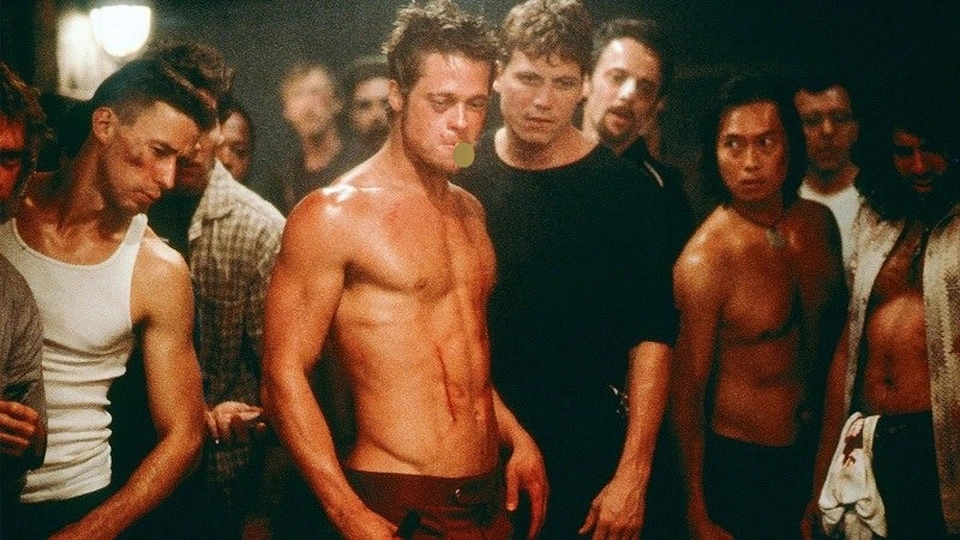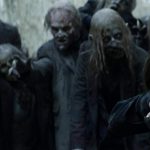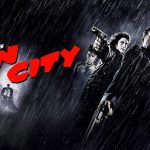🎬 Fight Club (1999)
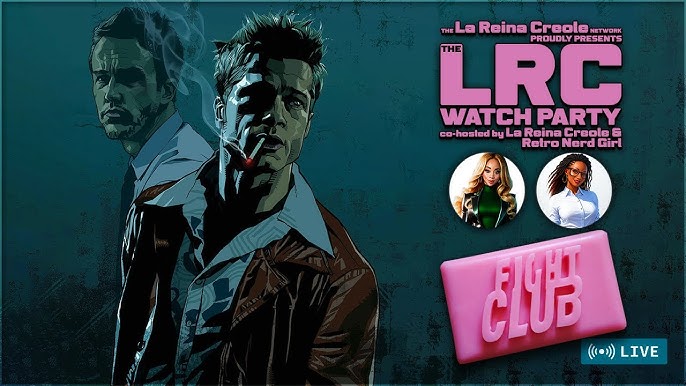
🎬 Fight Club (1999): A Tale of Rebellion, Identity, and Chaos
Fight Club (1999), directed by David Fincher and based on the novel by Chuck Palahniuk, is a dark, gritty exploration of modern consumerism, identity, and the breakdown of societal norms. Starring Edward Norton, Brad Pitt, and Helena Bonham Carter, this film has become a cult classic known for its thought-provoking themes, shocking twists, and unforgettable lines.
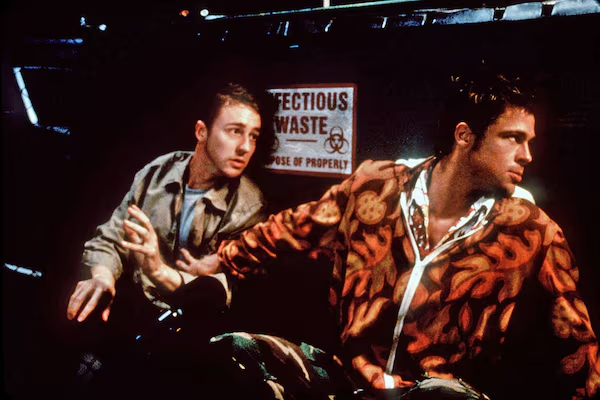
The story follows an unnamed narrator (Edward Norton), a white-collar worker struggling with insomnia and a sense of deep dissatisfaction with his life. Trapped in the monotony of consumer culture, he attends support groups for various ailments in an attempt to alleviate his emotional pain. His life takes a dramatic turn when he meets the charismatic and anarchic Tyler Durden (Brad Pitt) during a chance encounter on a business trip.
Tyler, a man who rejects society’s conventional values and embraces chaos, proposes the idea of starting an underground fight club, where men come together to physically fight as a form of release and rebellion against societal expectations. What begins as a private, cathartic experience for a few men soon spirals into something much larger. Fight Club grows into an organized movement, Project Mayhem, which seeks to challenge and dismantle society’s structures in violent and destructive ways.
As the narrator becomes more entangled with Tyler’s radical views and growing power, his understanding of reality begins to unravel. Tyler’s influence grows, and the narrator finds himself caught in a web of self-doubt, fear, and identity crisis. The film delves into the psychological toll of repressing one’s true desires and the consequences of rejecting society’s norms.
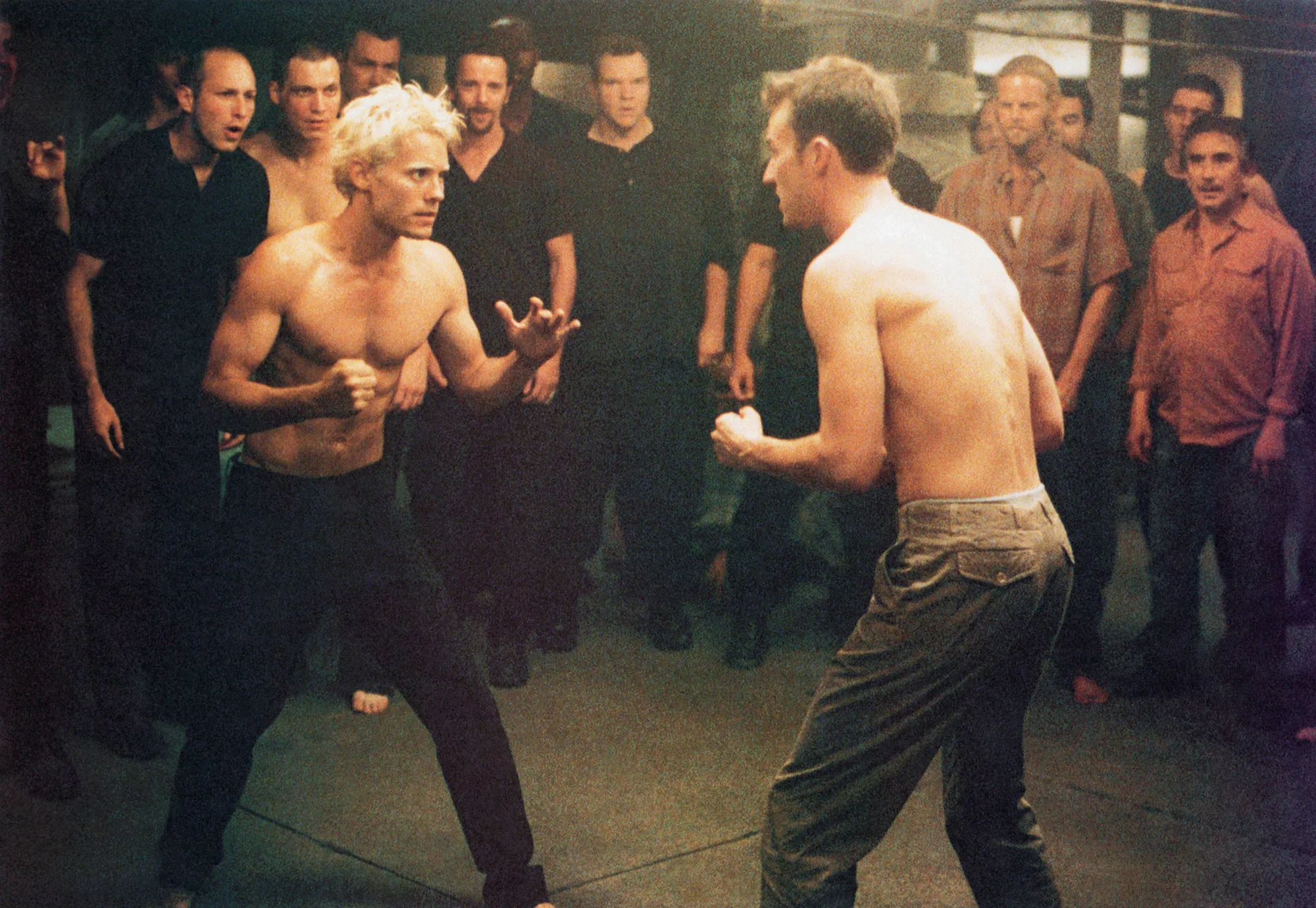
One of the most memorable aspects of Fight Club is its twist ending, which challenges everything the audience believes they know about the story. The film’s exploration of masculinity, self-destruction, and the conflict between internal and external identities resonates with viewers on a deep level, offering a commentary on the emptiness of consumer culture and the struggle for meaning in modern life.
The themes of Fight Club are wrapped in visceral imagery, including brutal fight sequences, striking visual techniques, and a hauntingly memorable score by The Dust Brothers. The film’s dialogue, especially Tyler Durden’s lines, has become iconic in pop culture, often quoted by fans and critics alike.
Fight Club is not just about physical violence; it’s a sharp critique of societal expectations, materialism, and the quest for personal liberation. It challenges the conventional ideas of success and happiness, suggesting that true freedom may come at the cost of personal destruction and identity loss. The film’s anti-establishment message, its exploration of mental health, and its portrayal of a dangerous yet liberating quest for authenticity make it a cinematic masterpiece that continues to spark debate and analysis.
In a world where chaos reigns and the boundaries between reality and madness blur, Fight Club forces its audience to question everything, from the values they hold dear to their very sense of self. 🥊🔥💥
